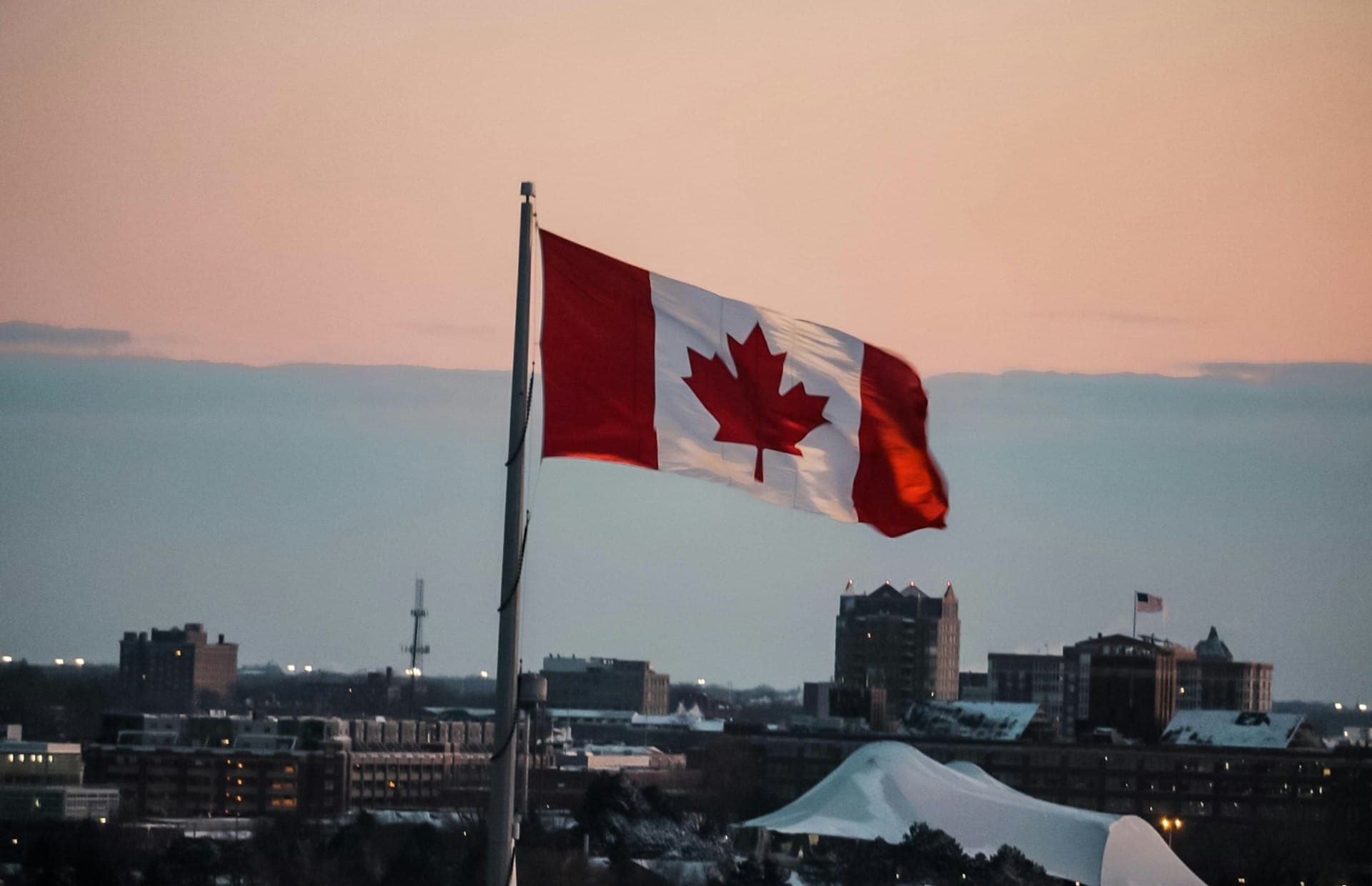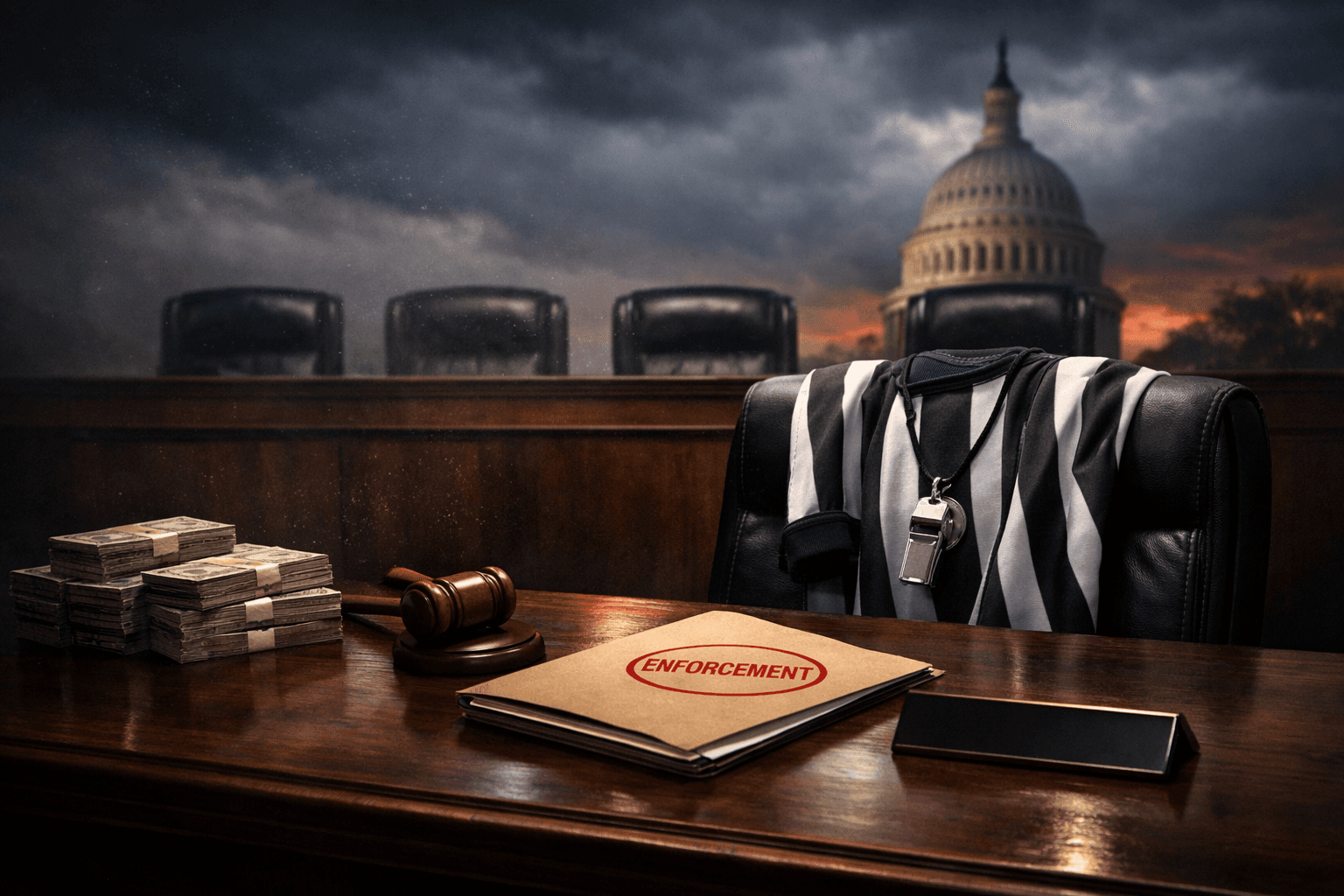Canada's Next Prime Minister Was Chosen Using Ranked Choice Voting

On March 9, the Liberal Party of Canada held an election to determine who will lead the party using a reform growing in popularity in cities across the US: ranked choice voting. The winner of that election was former Bank of Canada Governor Mark Carney.
The election, which included more than 150,000 voters, marked a critical transition point following Justin Trudeau's resignation announcement back in January. Liberals hold the most seats in Canada's Parliament, which means Carney will be the nation's next prime minister.
Notably, Trudeau said one of his biggest regrets was not expanding ranked choice voting to general elections "so that people could simply choose a second choice or a third choice." Those who voted for the Liberal Party's next leader were given this opportunity Sunday.
Under ranked choice voting, voters can rank candidates on the ballot in order of preference (first choice, second choice, third choice, etc.). If no candidate gets over 50% of first-choice selections -- a majority -- then the last place candidate is eliminated, and their voters' next choices are applied to the results.
Additional elimination rounds are held until a single candidate has a majority of the vote.
But Carney didn't need the second or third choices of voters in this election. He won a landslide victory with 86% of first choice selections. Carney is credited with steering the Bank of Canada through the 2008 global financial crisis and led the Bank of England through Brexit.
How Carney will engage with the US amidst tariffs and recession threats remains to be seen, but he is also expected to announce federal elections soon after he is sworn in as he does not hold a seat in parliament. The election will pit him against Conservative Party leader Pierre Poilievre.
Ranked choice voting is currently used in 62 jurisdictions across 24 states in the US, including at the state level in Alaska and Maine. It is accessible to all voters in public elections in 51 of these jurisdictions (2 states, 3 counties, and 46 cities).
 Shawn Griffiths
Shawn Griffiths




